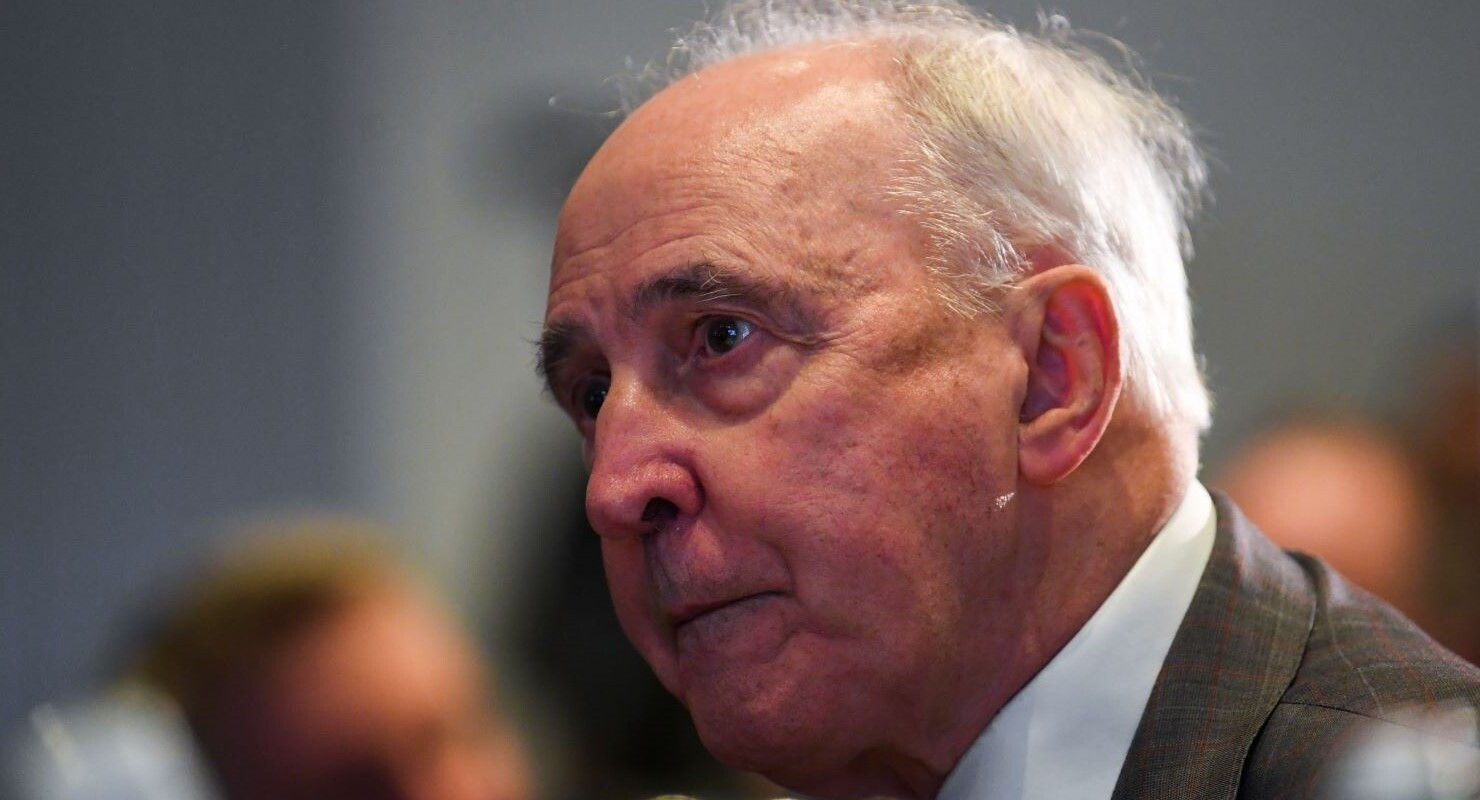
Who was Paul Keating? Paul Keating, an influential figure in Australian politics, served as the 24th Prime Minister from 1991 to 1996. Known for his sharp wit and bold economic reforms, Keating played a pivotal role in modernizing Australia's economy. Why is Paul Keating significant? His policies, such as floating the Australian dollar and deregulating the financial sector, have left a lasting impact. What makes Paul Keating unique? Unlike many politicians, Keating was never afraid to speak his mind, often delivering memorable speeches filled with colorful language. Why should you care? Understanding Keating's legacy offers insights into Australia's economic and political landscape. Ready to learn more? Let's dive into 20 fascinating facts about Paul Keating!
Early Life and Education
Paul Keating, a prominent figure in Australian politics, has a fascinating background that shaped his career. Here are some intriguing facts about his early years and education.
- Born on January 18, 1944, in Sydney, Australia, Paul Keating grew up in a working-class family.
- He attended De La Salle College, a Catholic school in Bankstown, where he developed an interest in politics.
- Keating left school at the age of 15 to work as a pay clerk, showing an early inclination towards practical work experience over formal education.
- Despite not completing high school, he pursued further education through night classes, demonstrating his commitment to learning.
Political Career Beginnings
Keating's entry into politics was marked by determination and strategic moves. Here are some key moments from the start of his political journey.
- At just 25 years old, Keating was elected to the Australian House of Representatives in 1969, representing the Labor Party.
- He quickly made a name for himself as a skilled debater and a passionate advocate for economic reform.
- In 1975, he became the youngest-ever federal minister when appointed Minister for Northern Australia.
- Keating's early political career was influenced by his mentor, former Prime Minister Gough Whitlam, who inspired his progressive policies.
Rise to Prominence
Keating's rise within the Labor Party and Australian politics was meteoric. These facts highlight his journey to becoming a key political figure.
- In 1983, he was appointed Treasurer of Australia under Prime Minister Bob Hawke, a role he held for nearly nine years.
- As Treasurer, Keating played a crucial role in transforming Australia's economy, implementing significant financial reforms.
- He introduced the floating of the Australian dollar in 1983, a landmark decision that modernized the country's financial system.
- Keating's economic policies earned him the nickname "The World's Greatest Treasurer" from Euromoney magazine in 1984.
Prime Ministership
Keating's tenure as Prime Minister was marked by bold decisions and significant reforms. Here are some notable aspects of his leadership.
- He became Prime Minister in December 1991 after successfully challenging Bob Hawke for the Labor Party leadership.
- Keating's government focused on social justice, economic reform, and strengthening Australia's ties with Asia.
- He introduced the Native Title Act in 1993, recognizing the land rights of Indigenous Australians.
- Keating's "Redfern Speech" in 1992 is considered one of the most powerful acknowledgments of Indigenous suffering by an Australian leader.
Post-Political Life
After leaving politics, Keating continued to influence public discourse and policy. These facts shed light on his activities post-politics.
- Keating retired from politics in 1996 after losing the federal election to John Howard.
- He has since been involved in various business ventures, including serving as a consultant for investment banks.
- Keating remains an outspoken commentator on Australian politics and global affairs, often sharing his views through media appearances and public speeches.
- In 2007, he was appointed a Companion of the Order of Australia for his service to the nation, recognizing his significant contributions to public life.
Paul Keating's Legacy
Paul Keating's impact on Australian politics and society remains significant. Known for his bold economic reforms, he played a key role in modernizing Australia's economy. His tenure as Prime Minister saw the introduction of the superannuation system, which has provided financial security for millions of Australians. Keating's commitment to Indigenous rights and cultural recognition also left a lasting mark. His speeches, often filled with wit and sharp criticism, are still remembered today. Despite controversies and criticisms, Keating's contributions to Australia's economic and social landscape can't be ignored. His legacy continues to influence current political and economic policies. Understanding Keating's achievements and challenges offers valuable insights into Australia's development during the late 20th century. His story is a testament to the power of visionary leadership and the enduring impact of bold policy decisions.
Was this page helpful?
Our commitment to delivering trustworthy and engaging content is at the heart of what we do. Each fact on our site is contributed by real users like you, bringing a wealth of diverse insights and information. To ensure the highest standards of accuracy and reliability, our dedicated editors meticulously review each submission. This process guarantees that the facts we share are not only fascinating but also credible. Trust in our commitment to quality and authenticity as you explore and learn with us.


